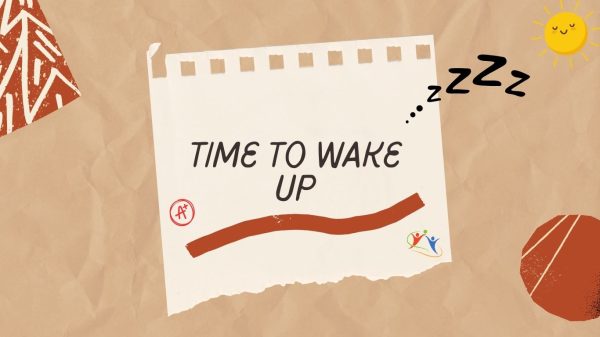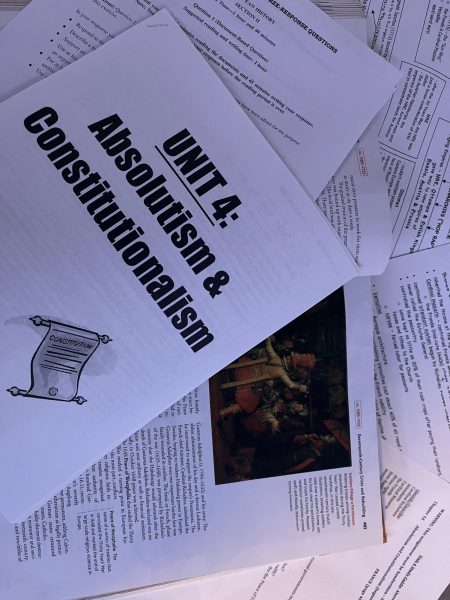Valentine’s Day: Necessity or Tradition?
The Red & Black takes on marketing’s favorite holiday.
Photo by Creative Commons
Candy is one of the top selling products during this time of year.
In case you somehow haven’t heard, Valentine’s Day (Feb. 14) is right around the corner. In other words, its time to give big corporations such as Walmart, 1-800 Flowers, etc. more than 18.2 billion dollars on that day alone. That’s an estimated $136.57 per person in the U.S. The truth is, why do we really need a Valentine’s Day when we’re supposed to appreciate our loved ones year round? The thing is, we shouldn’t need a holiday to tell us so. But here’s why we celebrate anyway.
While there is some actual historical reasoning for Valentines Day, it’s safe to say that businesses across the country have taken it a step farther. The first Valentine’s Day was in 496 CE in Rome, but became popular as early as the 17th century. Around this time, it was common for family and friends to exchange gifts to one another; flowers, chocolates, and hard-written notes being a common theme.
Today, approximately 151 million Valentine’s Day cards in the United States alone are exchanged on February 14th, thus becoming the second most popular holiday for exchanging cards (Christmas being the first).
Being such a rigid holiday as far as activities and gifts that would be exchanged, it’s easy to imagine how corporations capitalize. Walk into a Walmart as early as mid- January and it’s hard to ignore the promotions that were designed to jump out at consumers. Even commercials on TV advertising Valentine’s Day in any way they know how.
Over the last 3,000 years, February 14 has gained a massive reputation. For a good amount people, not receiving a gift from a loved one on Valentine’s Day is offensive, or at least a disappointment. A survey suggests that nearly 15% of people expect a gift for valentines day. Therefore, it’s easy for companies to “pressure” consumers into purchases that would otherwise be outrageous, all in the name of tradition.
Over the past 3,000 years, a simple holiday has easily transformed into a national phenomenon. Companies recognize that much is expected from loved ones on Valentine’s Day, and as much as you can buy chocolates and greeting cards all year long, many would agree that exchanging gifts on this great holiday is nothing but pure fun.
Regardless of your view on this growingly popular holiday, it is impossible to say you will be forgetting about Valentine’s Day anytime soon.

Grade 9
“My mission in life is not merely to survive, but to thrive; and to do so with some passion, some compassion, some humor, and some style”
~Maya...











